Our Cork 2040: Cork is the people struggling to experience it
Niamh O’Donovan writes of her experience of Cork as a person with schizophrenia.
Welcome to part six of Our Cork 2040.
Cork city is set to double in size by 2040 under the government’s Project Ireland 2040 plans, with huge impacts not only on city-dwellers but on the whole county.
With these ambitious plans comes lots of talk of “stakeholders.” This often seems to mean private developers, multinational employers and politicians. But who really holds a stake in the future of Cork? We believe it’s the people who live, work, raise families and face all of life’s challenges here.
What kind of Cork do YOU want to live in?
Our Cork 2040 presents a variety of writers with different areas of expertise, experience and interest.
Our Cork 2040 is an opinion-based series. Tripe+Drisheen doesn’t necessarily share these opinions, but we do feel they should be heard. If you would like to become a contributing writer in this series, drop us a line! Our contact details are here. If you like what you read and want to support quality, independent local journalism, subscribe below.
Our Cork 2040: Niamh O’Donovan
Author Niamh O’Donovan was diagnosed with schizophrenia at 17. Now in her thirties, she lives in Cork. Her novel, What Even Is Harmony, is a self-published fictional account of a woman recovering from an acute episode of psychosis and schizophrenia. Her work has also been published by The Honest Ulsterman, Hypnopomp Magazine, and Cold Coffee Stand. Her photography has featured in independent zines.
Schizophrenia: a condition of modern living?
It’s not a stretch to say one of the greatest novels in the English language was written about an Irish city. Sure, Ulysses features Dublin, one of James Joyce’s missteps, but it’s a masterpiece from a master craftsman.
In it, a personhood, or many to some degrees, are explored with beauty, fineness and detail. Dublin is given the same treatment: the city and person are as one.
Samuel Beckett’s first published novel, Murphy, indicates where Beckett would go with his writing—exploring what it means to be, especially in seeming madness—with modern living and existence (and in Murphy, cities) making us mad, and alone.
Schizophrenia is as modern as Joyce, and as postmodern as Beckett.
Some believe it is a “modern” illness. That it only manifested in its current guise as society’s complexity grew, as cities grew, as modern and postmodern books and conditions grew. Comparisons to schizophrenia-like illnesses from “before-defined-schizophrenia” don’t hold up to its representation and understanding in the nowadays. It is very much a modern-living condition.
Quietness, or the bustle of city living
One of the dichotomies of schizophrenia is most schizophrenics live in cities, or at least gravitate towards cities. The problem with this is analyses show schizophrenics fare better in quiet locales, with time and peace to themselves. I can sympathise with this after an acute episode, living on the Lower Glanmire Road, where each roar of a car engine outside my window was a message to me, to dismiss-or-confirm my rapid arrive-and-depart, barely-consider-and-act thoughts.
“Should I go to sleep?”
—No-car-roar.
Keep going.
“Should I drink this drugged water my flatmate left me?”
—Car-roar.
Whatever drug is in it will help you on your journey. Ignore thoughts about poisoning.
“Should I go to the pub I once saw the politician in and show them the world would be better if they just stopped their bullshit?”
—A boy-racer speeds down the Lower Glanmire Road.
Definitely! You can right all their wrongs if only people understood.
That’s the acute part of schizophrenia. For some, though far from all, elements of chronic mental illness are often quite dull.
Days of panic and paranoia?
Absolutely.
A static-like noise in your head of seeming pressure or dissonance?
At times.
Sleepless nights because you can’t bear to lie down and be alone with your thoughts for long enough to fall asleep?
Often, for me at least.
Aged 17 I wondered what thought was, how it was represented within the mind, within existence. I asked, or more worried, whether thought existed as language, and if it didn’t exist as language, did thought not exist at all? Should there be what seemed like a voice in my head?
That time, with doctors (and quite a few drugs,) wasn’t one for a crash-course in linguistics, or their effects. That would make you well and truly mad. It was a time to be sedated; it was a time to gain a huge amount of weight. The young, much less the mad, do not deserve knowledge let alone the consideration of knowledge as addressed by philosophy, not when they’ve brought themselves to a bad way.
Madness is more pressing for those worried about you, psychiatrists worried about you, and yes, even you worrying, madly, about you, as well.
Since that diagnosis at 17 I’ve forgotten and remembered, consciously or not, all or some of what I’ve been through, while also forgetting and ignoring —in this article—many lifetimes more.
I tried to exist, tried to make sense of existing, part of which I’ve tried to relay in my novel, What Even Is Harmony? “Harmony,” along with 20 years of schizophrenia, is telling doctors, who can’t care for nuance, while also reassuring others: you’re just getting by. Then, by some miracle—taking medication, three monthly appointments with overworked, under-resourced HSE workers, the support of family and a roof over your head, with writing and introspection to occupy you, and maybe every four or five years, if you’re unlucky, reigniting a truly mad state again—you continue to get by.
Managing the fallout of trauma
Yet, a lot of my schizophrenia is managing the fallout of the trauma. Of, at one point, being in that well-and-truly mad state, albeit not now, and even if it’s been years I could easily fall to such madness again. It is a dull thrum of, yes, really, simply getting by, simply existing, dealing, knowing—if my doctors are to be believed—“I’m doing quite well.”
But you know your living isn’t real living. It’s not how most live. So you go to the city to experience life as vibrantly as possible. To both escape and experience yourself.
Some theories of why schizophrenics gravitate towards cities include because it’s where health services are often located, among other things. My theory is cities provide the opportunity and feeling of living that simple quietness doesn’t. Not only are you closer to health services, but you’re closer to distractions from your thoughts. You’re closer to what seems like life. You are closer to other life.
One secret is, despite being terrifying while in an acute phase of schizophrenia, life can feel vibrant and fast-paced. Everything is coming to you. Everything, perhaps too much, occupies you. Schizophrenia is as active as the city, and in a strange way you love it, when it’s not destroying you.
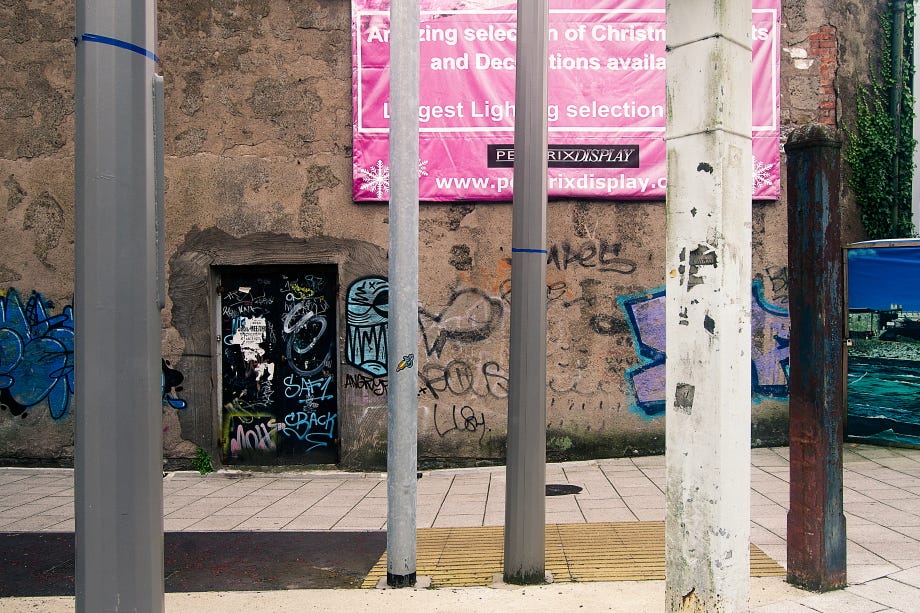
When Joyce described Dublin, living in the city was vibrant. You would go to the beach, you would go to the library, you would drink with medical students, you would rescue a friend from a whorehouse, you would drink coffee in what I guess was 1904 Dublin’s Web Workhouse, open at all hours, and you would finally collapse into bed. I’m sure modern cities offer this experience. Cork city does not. Or at least it doesn’t make it easily available. Certainly it’s not affordable.
City diversions
If you wander into Charlie’s for an 8am pint, after spending the night refusing to be alone with your thoughts, you’ll no longer be alone. In the corner will be some partying students. In another corner will be the woman who somehow looks traumatised but seems to be dealing with it. And the bar will help her. At one end of the counter will be the people on a work-junket, casually spending their per-diem. At the other end a widower, starting his day with a couple of pints; some relief, a quiet chat, and just a little less isolation since his wife died.
It’s very easy, if you have no time calling on your day, and a recently arrived wedge of cash, to spend from 7am until 10am in Charlie’s. Then to The Vicarstown with a new book you bought in Waterstone’s for 3-for-€11 pints of whatever Rising Sons’ beer is on offer.
A late-lunch in CoMix Bistro for some chowder. Come 3pm, it’s over to the Hi-B for 3-Beamish-for-€10. The world is your oyster. Until tomorrow, when, once again, with your cash running out, you’re alone with your thoughts until your next payday. Only, at least the day after, you have the urgency of a hangover and regret to occupy you. No such luck for the days after that. Time to make do again.
You might have noticed those are mostly pubs, and mostly about drinking. Pints are easy because they have a noticeable effect. You feel it when you’ve drunk a pint (or three,) you saw the people in the pub, made friends with the-people-in-the-pub, you now have a thirst for more of this feeling of your day being changed, of a city responding and understanding you. You might not have noticed those are all offers from a few years ago. I don’t think they’re still available. I do think the cost has gone up.
In another T+D article, an interview with Benny McCabe, he talks about catering to the pensioner, the single mother. Some scoff at this: a few know these lives really do exist. I am one of these lives.
A question of cash
I want to live in the city. I can’t afford it. I want to spend my day occupied. I can’t afford it. If I could afford it, I’d have a job. I can’t manage a job. If the city was available to me, really available to fill my day, much like Leopold Bloom’s or Murphy’s day was filled, we’d be living in the past, with all its inequalities, or we’d be living in 2040, when Cork is available and responsive to its citizens.
This all seems like a question of cash. I cannot often afford the many consumerist possibilities Cork city offers. Trying to envisage a better Cork, I, therefore, think of more free activities. We could have a park; space for people to enjoy. We could have a library, we could have, a... a what? That’s where my imagination runs out.
I try to wait until I have money again to buy a bottle or two of lockdown wine, to drink in my childhood bedroom of my parents’ house I’ve been forced, by costs, to return to.
What’s at the core of this? We are all escaping our troubles. And, maybe, one day a fortnight, Cork city can be an escape, for a price. We pay to experience it, and in experiencing it gives us a little value. For one day it loves us. But the bricks, and awnings, and snugs aren’t capable of love. They are things.
Cork city doesn’t love the people who have nothing to trade with it, nothing to give it, no way to pay for these things. Cork is its people; people who are struggling to experience it, especially those at the edges, those who can’t pay, those who aren’t valued, those who merely cope, and who, managing to pay every few weeks, find each other and find value in each other.
Cork 2040 can “discover the beauty, fineness and detail” of its inhabitants
If Joyce can explore the beauty, fineness and detail of a Dublin one hundred years ago, maybe twenty years from now Cork will discover the beauty, fineness and detail of those within it.
Maybe it will understand modern living is madness, that the city has brought about madness, or is madness, and learn to love all its nuance, dirtiness, occasional beauty, joy and those who inhabit it; people the city is pushing out for being too mad, for not being able to pay for their madness or pay, often enough, to escape their troubles.
The more the city is than a price to be paid the more we, the mad, and the mad city, can benefit each other, the more we are to each other. Living, the city and people are one, both mad, both valuing each other, creating each other.

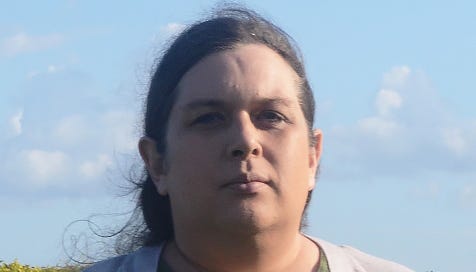


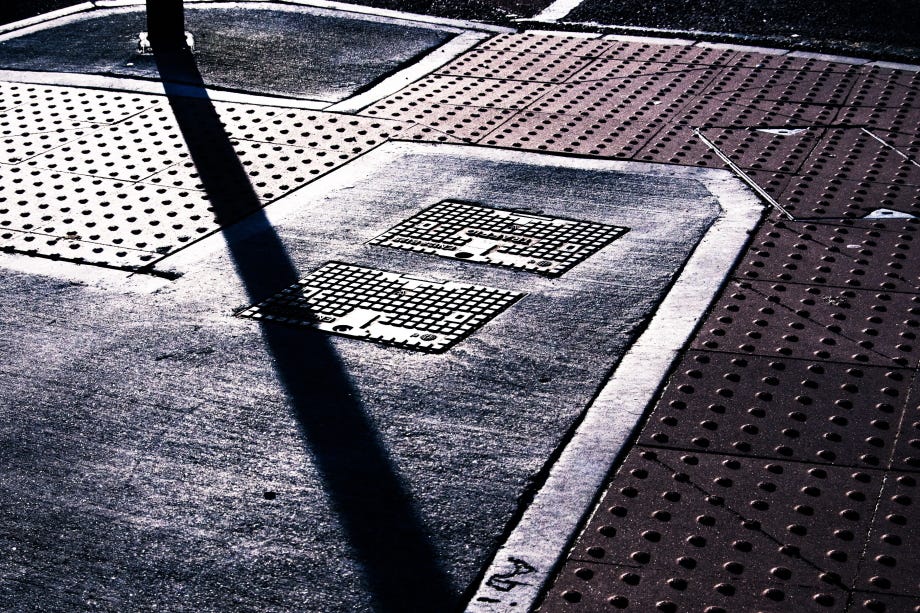
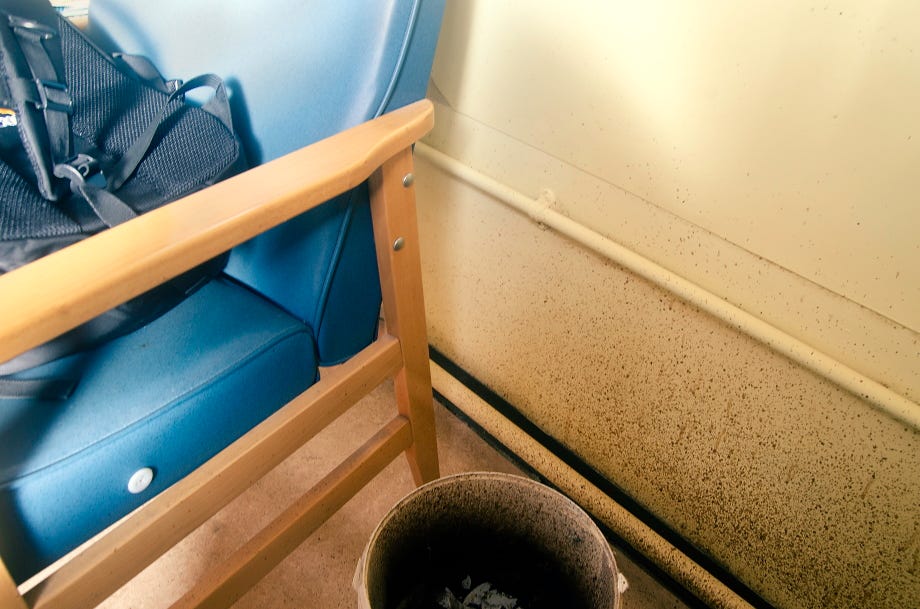
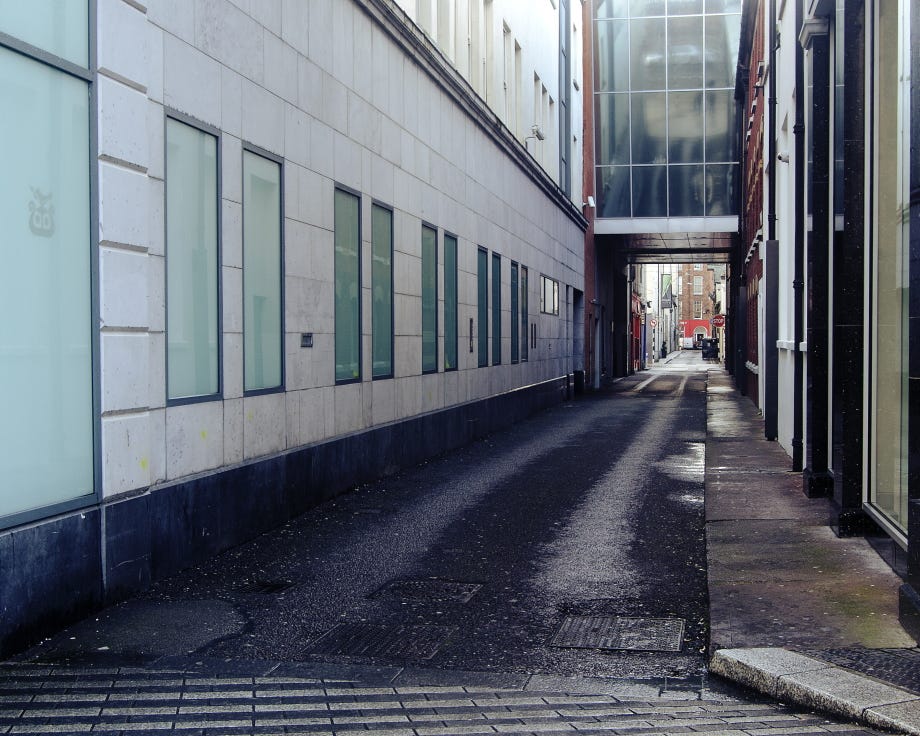
thanks Niamh and T&D - so good to have a place to hear the many voices of citizens of Cork